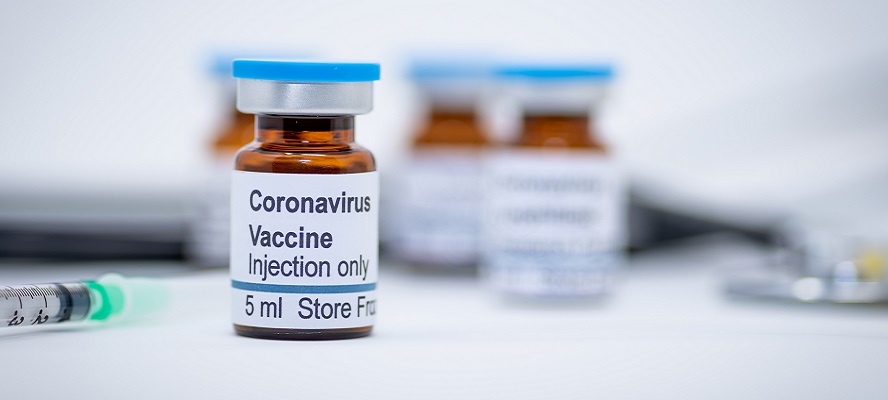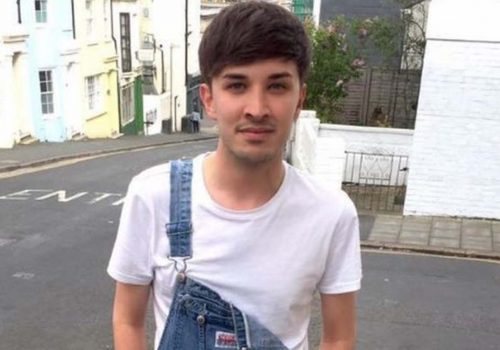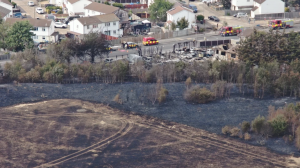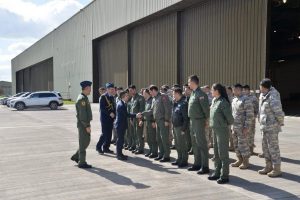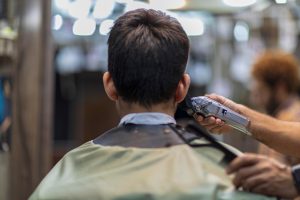Volunteers to be infected with coronavirus in ‘world first’ human vaccine trial in London
Up to 90 volunteers are to be deliberately infected with Covid-19 in a special unit in London in a bid to speed up development of vaccines, Business Secretary Alok Sharma announced today.
They will be kept in the centre at the Royal Free hospital in north London for two-and-a-half weeks in the world’s first “human challenge” study for coronavirus.
The initial phase of the trials, which are due to start in January, will see volunteers infected through the nose with the virus.
Scientists will then seek to discover the lowest dose possible for people to develop coronavirus and trigger an immune response.
The volunteers will be monitored 24 hours a day by a team of medics and scientists to identify any side effects.
To limit the risks, volunteers will be aged 18 to 30 and with no underlying health conditions and no known adverse risk factors for coronavirus, such as heart disease, diabetes or obesity.
From May, the research is due to start testing how vaccines protect individuals taking part in the trials.
The aim is to speed up the development of vaccines likely to be used in future years.
Professor Peter Openshaw, co-investigator on the study and Director of the MRC-funded Human Challenge Consortium at Imperial College London, said: “It is really vital that we move as fast as possible towards getting effective vaccines and other treatments for Covid-19, and challenge studies have the potential to accelerate and de-risk the development of novel drugs and vaccines.”
He also stressed there is now “light at the end of the tunnel” with regard to Britain getting a vaccine for Covid-19 by early next year with so many under development.
He told BBC Radio 4’s Today programme: “I’m really quite optimistic.
“I would be surprised if some of those vaccine studies don’t report this side of Christmas.
“So I think that that will be limited stocks of vaccine which are going to be available for the most high-risk people in the early part of next year.”
Mr Sharma this morning announced £33.6 million for the new Covid studies in partnership with Imperial College London, hVIVO and the Royal Free London NHS Foundation Trust.
Nearly £20 million more will be used to boost capabilities to process blood samples from clinical trials Mr Sharma said: “We are doing everything we can to fight coronavirus, including backing our best and brightest scientists and researchers in their hunt for a safe and effective vaccine.”
The proposed trials will need the green light from regulators including the Medicines and Healthcare products Regulatory Agency and the NHS Health Research Authority.
Dr Chris Chiu, from the Department of Infectious Disease at Imperial College London and lead researcher on the human challenge study, said: “Our number one priority is the safety of the volunteers. My team has been safely running human challenge studies with other respiratory viruses for over 10 years. No study is completely risk free, but the Human Challenge Programme partners will be working hard to ensure we make the risks as low as we possibly can.”
Human challenge trials have previously helped to develop treatments for malaria, typhoid, cholera, norovirus and flu.

